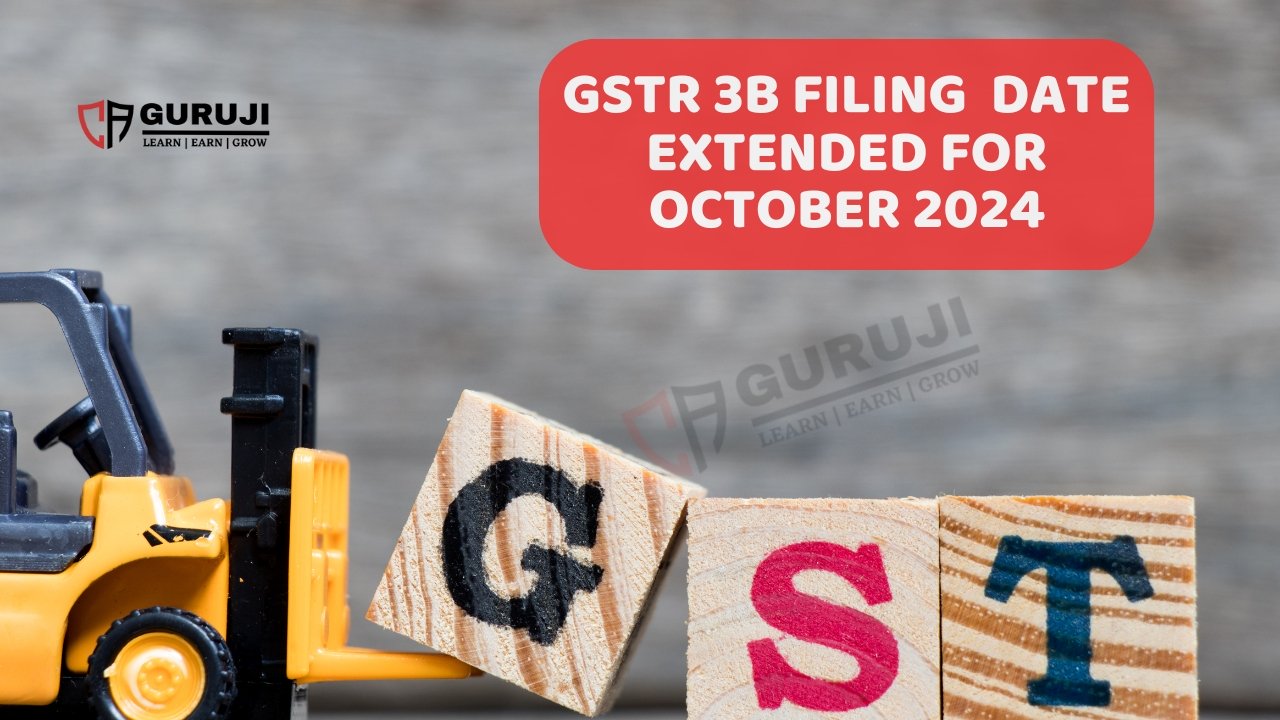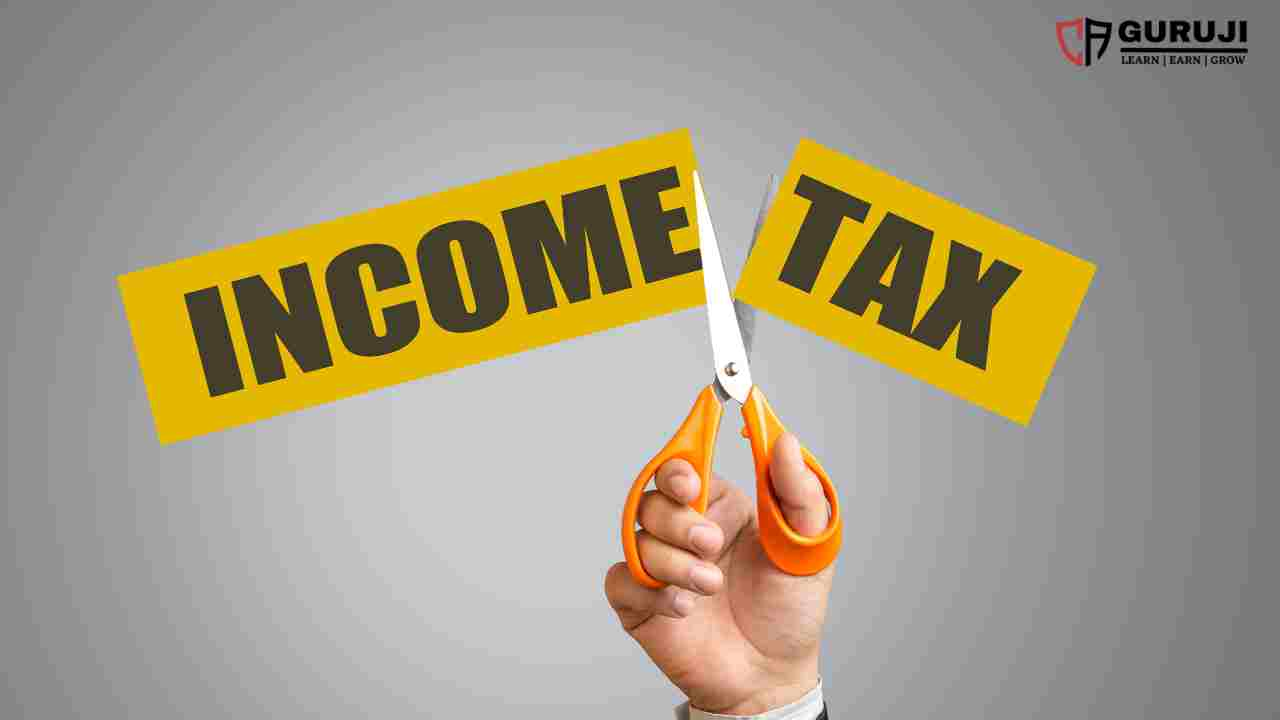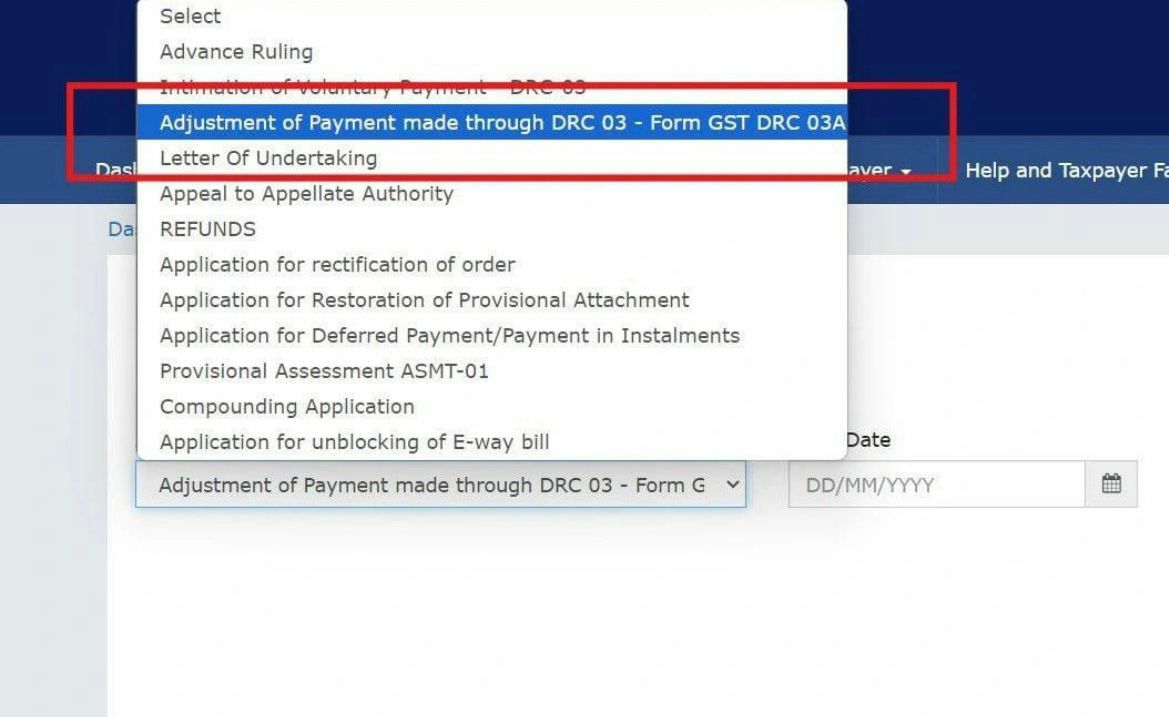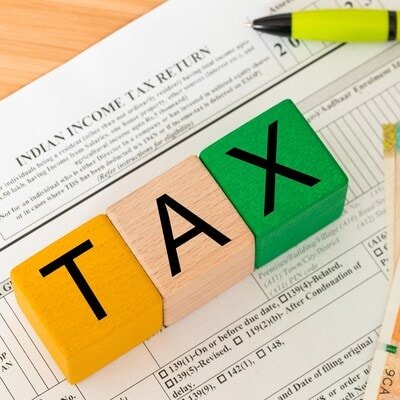A sample Form 12BB may be downloaded from the online portal of the income tax department.
Investment declaration guide: With the onset of tax season, employees are required to declare their investments and expenses to their employers for hassle-free financial management and seeking tax benefits.
The employees who fall under the taxable income bracket are eligible to submit a key document – Form 12BB – to their employees for tax deduction purposes under section 192 of the Income Tax Act of 1961.
How does Form 12BB work?
The Form 12BB is used to fill out information of an employee’s particular claims on their salary package to claim tax deductions. These claims include various allowances such as house rent allowance, food and conveyance, and leave travel concessions, among other things, which are part of one’s salary package.
Notably, employees should know that under Indian tax laws, the maximum tax benefits limit is set at Rs 1.5 lakh annually.
Is Form 12BB applicable to the new tax regime?
The new tax regime, implemented in 2020, is a simplified version of the older system. In this optional system, the Centre has eliminated most of the exemptions that were otherwise offered. Consequently, the employees opting for this system cannot claim any exemptions in Form 12BB but are required to submit it anyway.
Notably, they can still seek benefits such as standard deduction of Rs 50,000 and rebate under Section 87A up to Rs 25,000 under the new system. To be specific, the effective tax-free income under the old tax regime stands at Rs 5.5 lakh, and at Rs 7.5 lakh under the new tax regime.
Where to get Form 12BB?
A sample Form 12BB may be downloaded from the online portal of the income tax department. The document copy can also be sought from the respective employer organisation.
What claims can be made in Form 12BB?
According to Indian tax laws, employees can submit particular claims related to various allowances in Form 12BB. The document is divided into four main sections, including house rent allowance, leave travel concessions or assistance, deduction of interest on borrowing and other deductions under Sections 80C, 80CCC and 80CCD.
Other than claims for rental dues and travel allowances, employees can claim deductions on life insurance premiums, Public Provident Fund, Equity Linked Savings Scheme or ELSS funds, school tuition fees for children, etc.
These Sections also allow one to claim benefits on the National Pension Scheme and health insurance plans, among other things.
What happens if you skip investment declaration?
Employees are required to submit their proof of investments in Form 12BB to claim any benefits. Insufficient proof or missing the investment declaration deadline will result in the deduction of TDS (tax deducted at source) from every employee’s net income by their employers.
Can an employee claim a refund on TDS?
While it is advised to be up-to-date on submitting investment declarations as per the respective company deadlines, in the event an employee fails to do so and faces a TDS deduction, they can claim a refund on the same while filing their income tax return.
In case of a deduction, the employees are issued Form 16 – a TDS certificate by their employers.
Visit www.cagurujiclasses.com for practical courses











